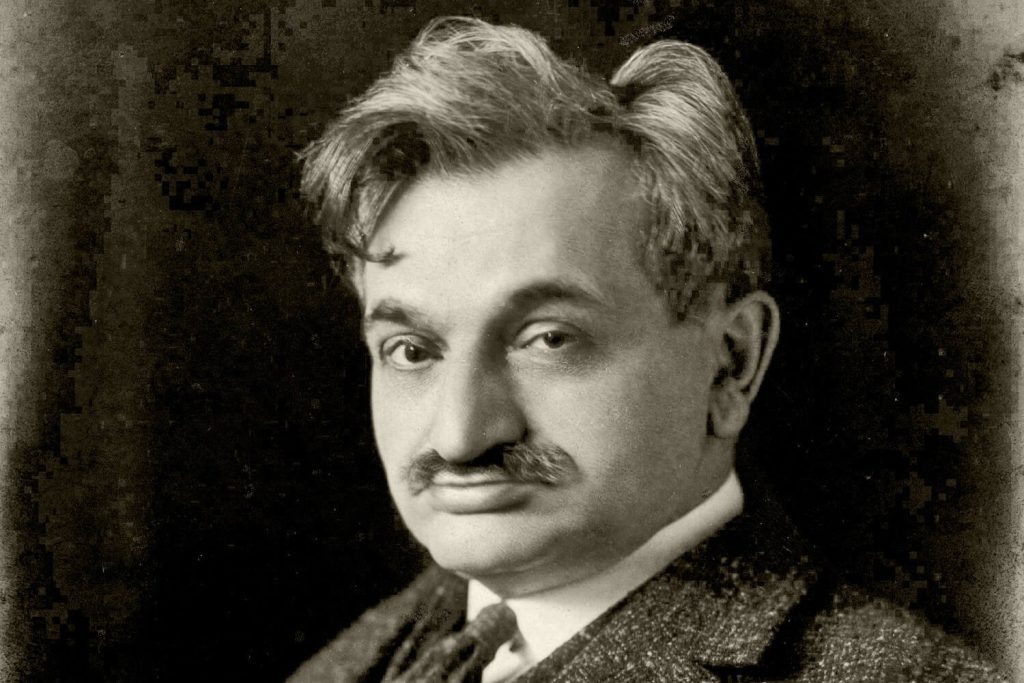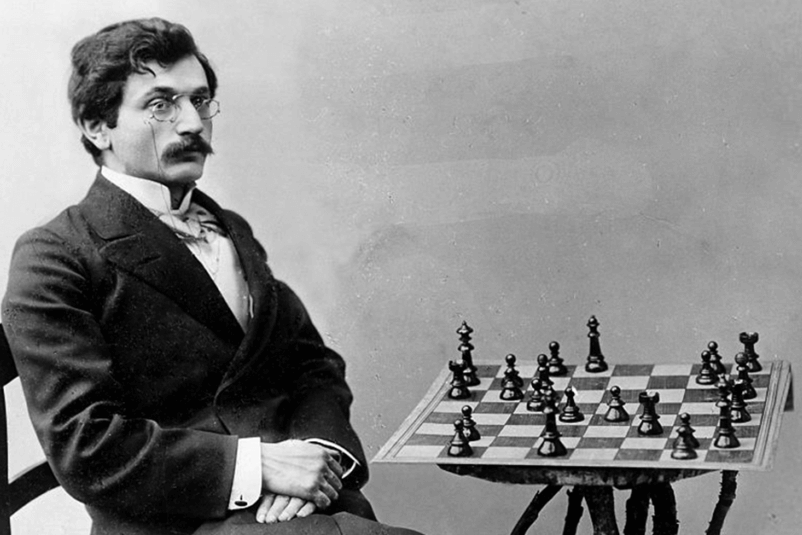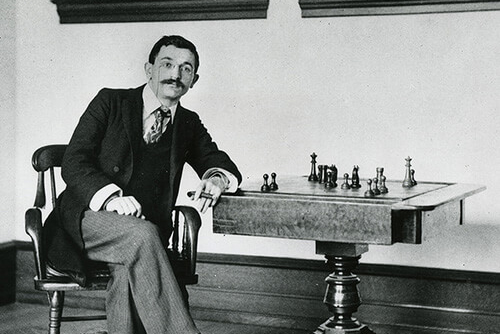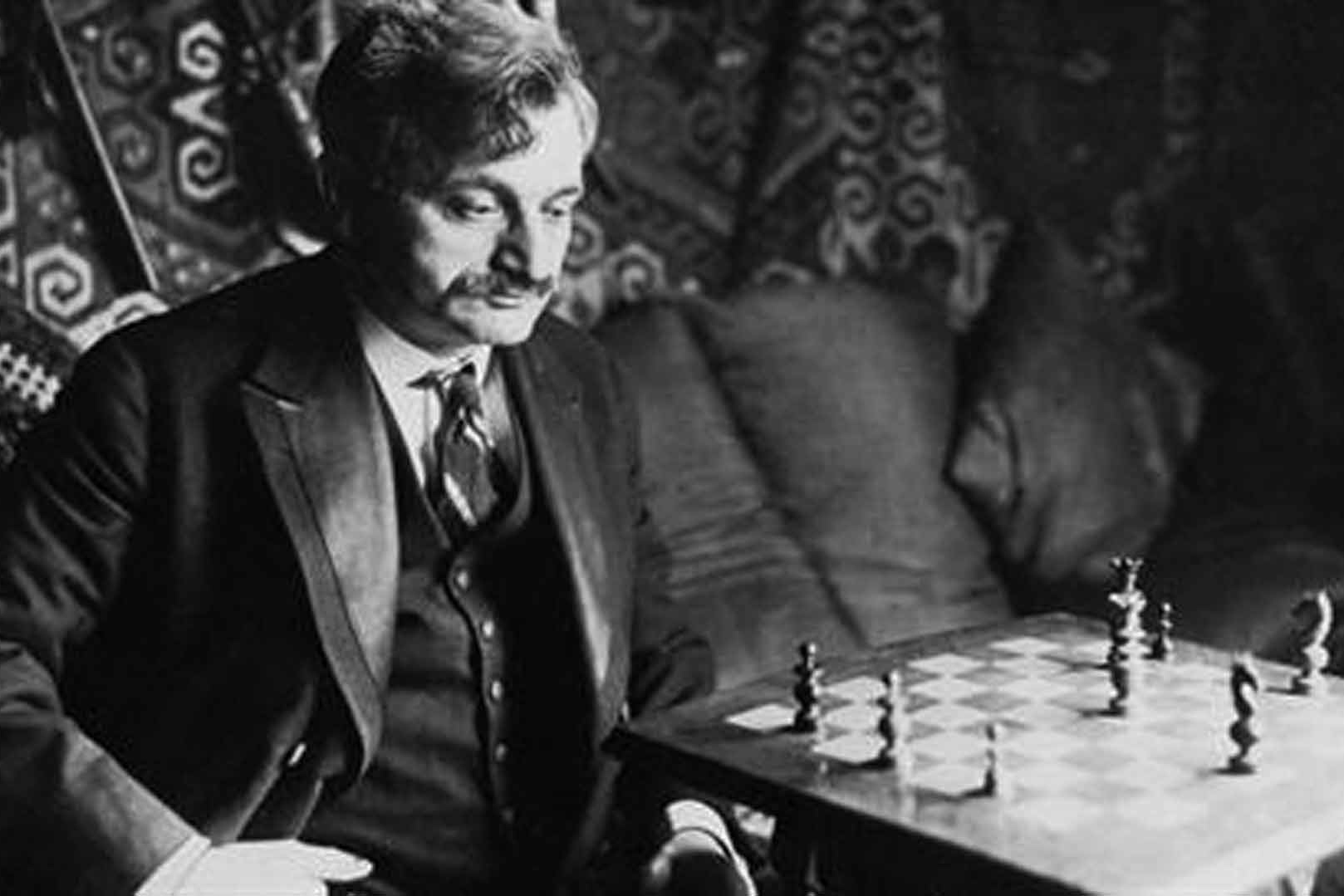No products in the cart.
Chess Players
Emanuel Lasker and Unpredictable Chess Maverick
Emanuel Lasker (1868-1941) was a German chess player and World Chess Champion for 27 years (1894-1921). Known for his strategic brilliance and unpredictable playing style, Lasker was a true chess maverick. His innovative and creative approach to the game, characterized by unconventional moves and strategies, made him a formidable opponent. Lasker’s deep understanding of chess principles and his ability to adapt to different positions set him apart as one of the greatest chess players in history.
Table of Contents
Early Life and Background of Emanuel Lasker
Emanuel Lasker was born on December 24, 1868, in Berlinchen, Prussia (now Barlinek, Poland). He grew up in a Jewish family and showed early signs of a sharp intellect and exceptional abilities. Lasker’s early life was marked by his interest in mathematics, philosophy, and chess, which would later shape his unique approach to the game.
Despite facing financial difficulties, Lasker’s parents recognized his talents and encouraged his education. He pursued studies in mathematics and philosophy at the universities of Berlin, Göttingen, and Heidelberg, where he obtained his doctorate in philosophy at the age of 21. Lasker’s keen intellect and analytical skills honed during his academic years would later play a significant role in his chess career. Lasker’s interest in chess developed at a young age, and he quickly rose through the ranks of Berlin’s chess community. He won his first chess tournament at the age of 16 and became known for his unconventional and unpredictable playing style. Lasker was known for his creative and original ideas on the chessboard, often challenging established norms and pushing the boundaries of chess strategy. Lasker’s early years were also marked by his travels to different countries to compete in chess tournaments and matches. He quickly gained a reputation as a formidable opponent, and his chess skills and strategic acumen continued to develop, leading him to become one of the most talented and promising chess players of his time. Despite facing challenges and setbacks, including financial difficulties and anti-Semitic discrimination in the chess world, Lasker persevered and continued to pursue his passion for chess. His early life and background laid the foundation for his future achievements as a chess player, thinker, and innovator in the world of chess.
Chess Career and Achievements of Emanuel Lasker
Emanuel Lasker’s chess career was marked by remarkable achievements and a unique playing style that made him a formidable force in the chess world. He was known for his strategic brilliance, tactical acumen, and unpredictable moves on the chessboard, which earned him the title of a chess maverick.
Lasker’s breakthrough came in 1894 when he won the World Chess Championship title by defeating Wilhelm Steinitz, becoming the second official World Chess Champion. He held the title for a staggering 27 years, the longest reign in the history of chess championships until he was defeated by José Capablanca in 1921. Apart from his World Chess Championship title, Lasker’s list of achievements is impressive. He won numerous international tournaments, including New York 1893, London 1899, and St. Petersburg 1914, among others. Lasker was known for his consistent and successful tournament performances, earning him a reputation as one of the strongest and most versatile chess players of his time. Lasker’s contributions to chess theory and strategy were also significant. He authored several influential chess books, including “Common Sense in Chess,” “Lasker’s Manual of Chess,” and “Lasker’s Chess Primer,” which are still considered classics in chess literature today. Lasker’s innovative and original ideas on chess strategy and his emphasis on practical play influenced many future generations of chess players. His strategic brilliance, original playing style, and innovative contributions to chess theory make him one of the most influential and respected chess players in history.
Playing Style and Unconventional Strategies of Emanuel Lasker
Emanuel Lasker was known for his unique and unpredictable playing style, which set him apart from other chess players of his time. He was known to employ unconventional strategies and innovative ideas on the chessboard, making him a formidable and unpredictable opponent.
Lasker’s playing style was characterized by his flexibility and adaptability. He was known for his ability to handle a wide variety of positions and adapt his strategy based on the specific demands of the game. He would often play unconventional moves that would disrupt his opponents’ plans and create imbalances on the board, making it difficult for them to predict his next move.
One of Lasker’s trademark strategies was his ability to create complications and chaos on the board, leading his opponents into unfamiliar territory. He would deliberately steer the game into complicated and dynamic positions, where his superior tactical and calculation skills would often give him an advantage. Lasker was known to take risks and sacrifice material to gain positional advantages or create threats against his opponent’s king.
Another distinctive aspect of Lasker’s playing style was his resourcefulness and ability to find practical solutions in difficult positions. He would often come up with unexpected moves and maneuvers that would catch his opponents off-guard and give him an edge. Lasker was also known for his defensive skills, often finding creative ways to defend inferior positions and turn the game in his favor. Lasker’s strategic brilliance and ability to think outside the box made him a highly unpredictable player, often catching his opponents by surprise. His willingness to take risks, his flexibility in adapting to different positions, and his ability to find practical solutions in challenging situations made him a formidable and dangerous opponent on the chessboard.
Notable Games and Victories of Emanuel Lasker
Emanuel Lasker’s chess career was marked by numerous notable games and victories that demonstrated his strategic brilliance and unconventional playing style. One of his most famous games was the “Immortal Zugzwang Game” against Sir George Alan Thomas in 1912, where Lasker sacrificed material to force his opponent into a zugzwang position, ultimately leading to a stunning victory. Another remarkable game was Lasker’s victory against Frank James Marshall in the 1904 Cambridge Springs Tournament, where he employed a daring pawn sacrifice to create dynamic play and eventually win the game. Lasker’s ability to generate counterplay and find tactical resources in seemingly lost positions was a hallmark of his play. Lasker’s victories were not limited to traditional chess tournaments, as he also excelled in match play. Notably, he defeated the renowned Cuban chess player Jose Capablanca in a World Chess Championship match in 1921, solidifying his reputation as one of the greatest chess players of his time.




